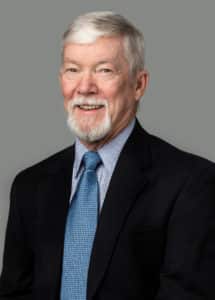Guest Blogger and long-time Council friend, Bob W. presents Part 28 of a series dealing with Alcoholism and Addiction from a Mystical, Mythological Perspective, reflecting Bob’s scholarly work as a Ph.D. in mythological studies.

When I was 19, in 1962, I remember going to see the movie Days of Wine and Roses, about a couple struggling with alcoholism. Joe, played by Jack Lemmon, and Kirsten, played by Lee Remick, descend from active social drinking into desperate alcoholism. An otherwise normal couple in the corporate world of New York in the 1950’s, their descent is gradual until numerous bouts of out-of-control binging begin to destroy their lives. Joe pursues recovery through AA, with Jack Klugman as Jim, his sponsor, providing an excellent portrayal of the sponsor role. Kirsten struggles much more mightily with the disease but fails in the end. Joe and she split up and she just disappears into a world of out-of-control drinking.
From my perspective, this movie is one of the really good, early-on portrayals of the true nature of this disease. It also resonates with me because it carries the imagery and ambiance, and the ever presence of alcohol, of the business world in New York where I began my adult life.
We all know that there are many more sad stories of people in this disease than there are happy ones. When I saw this movie, I was far away from my disease, although my father had struggled his whole life, so I had some inkling. But the movie’s end struck me very powerfully. Joe was in recovery, and Kirsten, still in the disease, came to see him to suggest they get back together. He says he will but only if she gives up drinking. She responds, “Joe, the world looks so dirty to me when I am not drinking. Remember Fisherman’s Wharf…the water so fuzzy when you looked too close? That’s the way the world looks to me when I am not drinking.”
The movie closes with Joe looking out the window of his apartment into a rainy night seeing Kirsten walk away down the street and disappear. The power of that scene to me at the time, a 19 year old in 1962, begs some explanation, which I cannot provide. Perhaps it was some element of the imbedded nature of my life with alcohol present even at such an early time. But, whatever it was, from the perspective of today, it is a spectacular manifestation of what we can enjoy in the continuing pursuit of committed sobriety.


 Guest Blogger and long-time Council friend, Bob W. presents Part 27 of a series dealing with Alcoholism and Addiction from a Mystical, Mythological Perspective, reflecting Bob’s scholarly work as a Ph.D. in mythological studies.
Guest Blogger and long-time Council friend, Bob W. presents Part 27 of a series dealing with Alcoholism and Addiction from a Mystical, Mythological Perspective, reflecting Bob’s scholarly work as a Ph.D. in mythological studies.